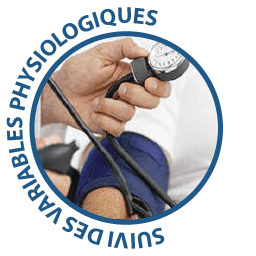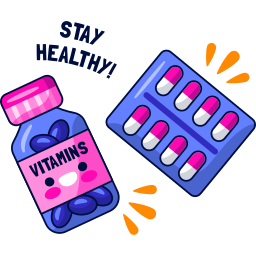How do I ensure I get the right amounts of vitamins and mineral
Ensuring you get the right amounts of vitamins and minerals during pregnancy is crucial for both your health and the health of your baby. Here’s how you can achieve that:
1. Eat a Balanced and Diverse Diet
Eating a variety of foods is essential to get a broad spectrum of vitamins and minerals. Include:
- Fruits and Vegetables: They provide important nutrients like vitamins A, C, and K, as well as fiber. Aim for a variety of colors to ensure you’re getting a range of nutrients.
- Whole Grains: Brown rice, quinoa, whole wheat bread, and oats provide fiber, iron, and B vitamins.
- Lean Proteins: Choose lean meats, poultry, fish (low in mercury), eggs, beans, and legumes for protein, iron, and zinc.
- Dairy or Dairy Alternatives: These provide calcium, vitamin D, and protein. Opt for low-fat or fat-free options if desired.
- Healthy Fats: Include sources of omega-3 fatty acids like avocados, nuts, seeds, and fatty fish.
2. Focus on Key Nutrients During Pregnancy
Certain vitamins and minerals are particularly important during pregnancy. Here are the key ones:
- Folic Acid (Folate): Important for reducing the risk of neural tube defects in the early stages of pregnancy. You need 400-800 mcg per day, found in leafy greens, citrus fruits, and fortified cereals.
- Iron: Supports your increased blood volume and helps prevent anemia. Aim for 27 mg per day, which can be found in lean meats, legumes, spinach, and fortified cereals. Pairing iron-rich foods with vitamin C can enhance absorption.
- Calcium: Necessary for your baby’s bones and teeth development. Aim for 1,000 mg per day. Dairy products, fortified plant milks, leafy greens, and tofu are good sources.
- Vitamin D: Works with calcium to maintain bone health. Aim for 600 IU per day, which can be obtained from sunlight, fortified foods, and supplements if needed.
- Iodine: Essential for thyroid function and fetal brain development. Sources include iodized salt, dairy products, and seafood.
- Vitamin B12: Vital for nerve health and red blood cell production. This is especially important if you’re vegetarian or vegan, as it’s primarily found in animal products like meat, eggs, and dairy.
- Omega-3 Fatty Acids (DHA): Supports brain and eye development. Aim for 200-300 mg of DHA per day. Good sources include fatty fish (like salmon), flaxseeds, chia seeds, and walnuts.
3. Prenatal Vitamins
Even with a balanced diet, you may need to take prenatal vitamins to ensure you’re meeting the increased nutritional demands of pregnancy. Look for a prenatal vitamin that contains:
- Folate (instead of folic acid)
- Iron
- Calcium
- Vitamin D
- DHA (omega-3 fatty acids)
4. Stay Hydrated
Drinking enough water is important during pregnancy to support increased blood volume and to help prevent dehydration. Aim for at least 8-10 cups of water a day.
5. Consult with Your Doctor
Your healthcare provider will monitor your nutrient levels and may recommend supplements based on your individual needs. It’s important to follow their guidance, especially for vitamins like vitamin D, iron, or DHA, which might require additional supplementation if your levels are low.
6. Limit Certain Foods
While focusing on nutrient-dense foods, avoid or limit foods that may pose a risk during pregnancy, such as:
- Raw fish, meats, or eggs (to reduce the risk of foodborne illnesses)
- Unpasteurized dairy (to avoid harmful bacteria like listeria)
- Excessive caffeine and high-mercury fish (like swordfish or king mackerel)
Information that may interest you : 23 Smart Tips For Simplify Pregnancy
Conclusion
By following a nutrient-rich diet, taking prenatal vitamins, and working closely with your healthcare provider, you can help ensure you’re getting the right vitamins and minerals for a healthy pregnancy.



